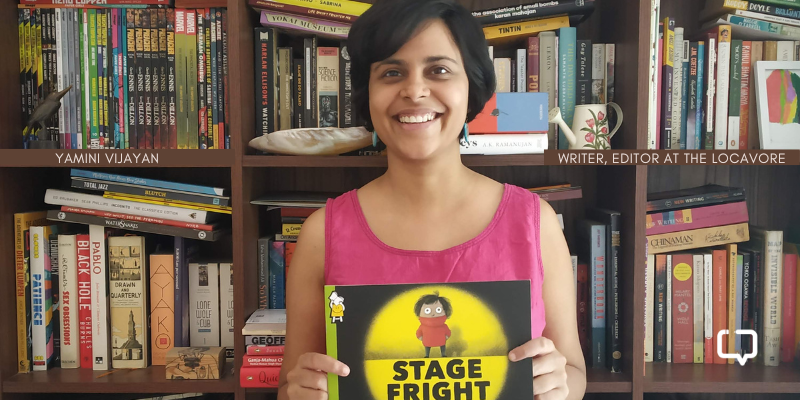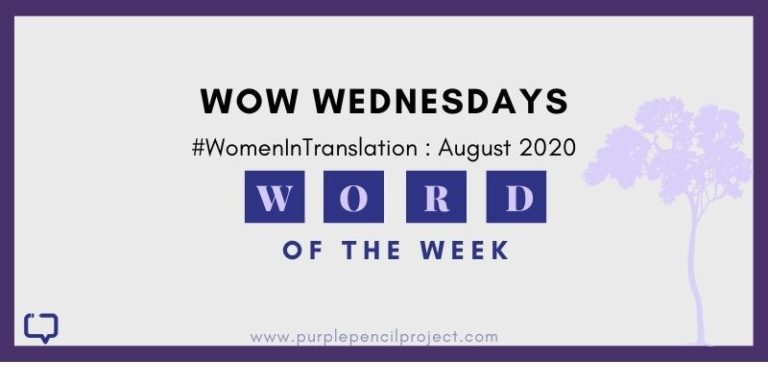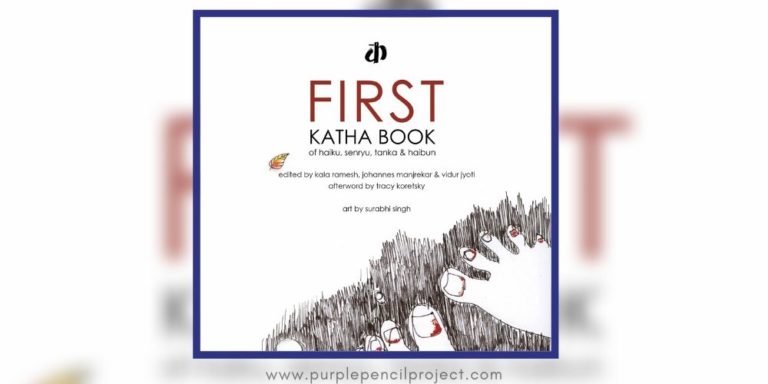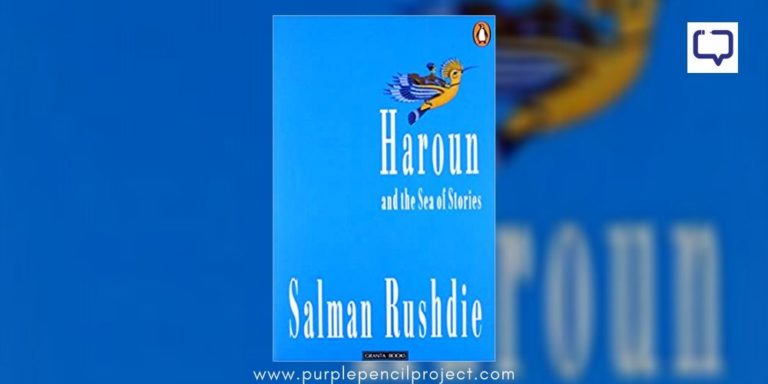Prakruti spoke to Yamini Vijayan, editor of The Locavore, about what editing food stories has taught her, her favourite books on food and otherwise, switching between writing and editing, and more. Excerpts from an email interview.
You are a storyteller first – how did you come to work with The Locavore? What has your relationship with food been like pre-and post working at The Locavore?
Yamini Vijayan: I have been writing and editing professionally since 2008, and that’s something that comes quite naturally to me now. Thomas Zacharias, who founded The Locavore, and I go back a long way. Although I began working with him to help set up the website for The Locavore, very quickly, we understood that we had similar views when it came to storytelling. It’s not always easy to find people you genuinely enjoy working with, and so when he asked me if I’d like to set the voice and tone for The Locavore, and be the editor, I jumped at the opportunity. I also sensed that there would be a lot of creative freedom, which is absolutely essential for me in my work.
Food has always been such a source of joy and comfort for me. I am someone who looks forward to every single meal, every single day. I think what’s changed for me, after working with The Locavore, is that I find myself more aware and curious of everything that surrounds food—memory, association, identity, source, and so on.
We encourage you to buy books from a local bookstore. If that is not possible, please use the links on the page and support us. Thank you.
Food stories are so intimate. We share ideas and dreams over coffee, politics over dinner. Are there food stories from your own life you would like to share? A snippet, a nugget?
Yamini Vijayan: One of the pleasures of my work has been being able to read so many varied points of view on food and so many food stories. It reminds me of how much there is left for me to learn, and the need for us to examine our own ways when it comes to what and how we eat.
For instance, Rahee Punyashloka’s piece on Vamsi Matta’s play ‘Come Eat With Me’ made me think back to my school days, and how much is revealed through a child’s tiffin box. Although I ate fish and chicken at home, I didn’t carry it to school because only vegetarian food was allowed. It had never struck me then that enforced vegetarianism was a form of discrimination too, and an effective way to exclude. It would have been so amazing to eat fish for lunch at school!
Do the food stories that you receive for The Locavore give you a sense of the story that food is telling of our time, our nation, or catch a certain pulse (pun intended haha) of what matters to our society?
Yamini Vijayan: Absolutely! I think it’s also our responsibility to publish stories, food or otherwise, that reflects today’s realities. One of the things that I’ve noticed is how the climate crisis finds its way into so many of the conversations that we’ve had, and in our stories, too. We do work closely with producers and farmers, so it’s inevitable, of course. A good example of this is Arathi Menon’s feature on Black Baza, a coffee brand that cares deeply about conservation. You’ll see that the food story begins with a mention of unseasonal rains and floods. If you pay attention, it’s hard to ignore the looming consequences of the climate crisis.
With so many of us having moved away from our homes, this piece that explores the close ties between food and migration, with a focus on Odisha, is also an excellent example of capturing today’s realities. I love how Sharmila Vaidyanathan has managed to gather so many stories of longing and belonging.
You shifted from writing and working in children’s literature to food stories- how has that shift been? Did you have to reorient in any way?
Yamini Vijayan: With children’s literature, you’re always thinking about how a child might respond to a story. So, in terms of the target reader, there’s definitely been a shift in how I think. I was initially worried that I didn’t have the language for food, or the understanding to edit food stories. But, I realised that for my role, and as an editor, what matters is to find good stories and storytellers to work with. In all honesty, it’s been both overwhelming and exciting to enter a new space, but the core work seems to remain the same.
Speaking of Yamini the reader – What do you enjoy reading the most? Some favourite authors? The book you re-read often? Any memorable food-related books you have come across and would like to recommend?
Yamini Vijayan: I like books that are dark and funny. I’ve always been in awe of people who can find humour in dark places, and so I love authors like Margaret Atwood and Anne Enright. The last book I relished was Miriam Toews’s Fight Night which told the story of three generations of women (and absent men) with so much wit and empathy.
On The Locavore, we have now started including excerpts and recipes from books. For example, we recently included a bit from Indranee Ghosh’s fabulous Spiced, Smoked, Pickled, Preserved, published by Hachette India. I also really loved some of the essays in Desi Delicacies: Food Writing From Muslim South Asia, particularly Tabish Khair’s ‘Jootha’, which nudges us to think of what we aren’t allowed to eat.




















